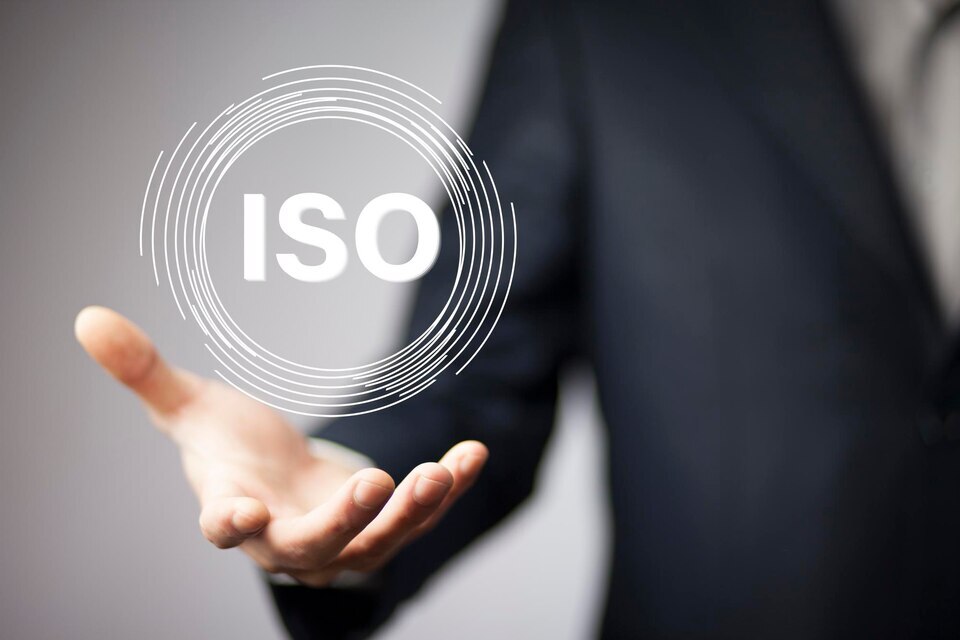In the current scenario, consumers exhibit heightened concern and vigilance regarding the safety of the food supply. Incidents of product recalls and foodborne illnesses reported in association with supermarket goods have led to increased apprehension among the public. In mitigating this unease, the globally recognized ISO 22000 Certification standard, indicative of a company's steadfast commitment to ensuring food safety, becomes pivotal.
What is ISO 22000:2018 Standard?
A well-liked revised version of 2018 and a standard for food safety management systems is ISO 22000. ISO 22000:2018 provides a framework for companies involved in the food supply chain to identify, evaluate, and control food management risks. In addition to food manufacturing, the ISO 22000 standard is applicable to suppliers, distributors, and service providers in the food industry. There is a system in place to guarantee food safety and maintain food quality from farm to table.
How ISO 22000 Certification Enhances Consumer Confidence
Let's explore some key aspects of ISO 22000:2018 certification that support enhancing consumer confidence:
- Focus on HACCP Principles: ISO 22000:2018 focuses on HACCP concepts as it is a systematic technique for identifying and controlling possible hazards throughout the food production process. It builds upon the Hazard Analysis and Critical Control Points (HACCP) concepts. ISO 22000:2018 certification guarantees close monitoring as well as control of essential points where contamination may occur.
- Open Communication and Traceability: ISO Certification helps promote open communication in the food supply chain, which allows for faster problem identification and resolution. The standard also strongly emphasizes traceability systems, which allow businesses to monitor products and ingredients throughout the supply chain. With this degree of openness, customers can feel more secure about the provenance and security of their food.
- Strict documentation and training: The standard places a strong emphasis on thorough documentation of all processes and procedures related to food safety and its openness promotes consumer trust by improving the traceability of ingredients and methods. Furthermore, employees involved in food handling must get continuous training in order to maintain ISO 22000 Certification. Maintaining constant adherence to safety measures requires personnel that has received proper training.
- Independent Audits and Certification: To obtain ISO 22000 Certification, a company must undergo a thorough audit by an impartial certifying authority. Thanks to this independent verification, customers can feel even more confident that the company's food safety management system satisfies international requirements.
The Impact of ISO Certification
ISO 22000 Certification is an important differentiation in a competitive industry where consumers value food safety and quality. It shows a business's dedication to offering dependable and safe food goods. As a result, customers become more dependable and devoted, which may boost revenue and market share.
Let’s Sum Up
A key component in increasing customer confidence in the food industry is ISO 22000:2018. By developing a robust food safety management system based on this standard, businesses can ensure the safety of their products, promote transparency, and ultimately gain the trust of their consumers. In a world where food safety is paramount, ISO Certification is a prudent investment for any food business.
If you want to ensure consumer confidence in your food products? INTERCERT provides accredited ISO 22000 Certification to strengthen your food safety management system. Build trust and grow your business with INTERCERT's expertise
A PHP Error was encountered
Severity: Notice
Message: Undefined variable: clientlist
Filename: views/blog_view.php
Line Number: 67
Backtrace:
File: /home/sysintercert/public_html/application/views/blog_view.php
Line: 67
Function: _error_handler
File: /home/sysintercert/public_html/application/controllers/Blogs.php
Line: 41
Function: view
File: /home/sysintercert/public_html/index.php
Line: 316
Function: require_once
A PHP Error was encountered
Severity: Warning
Message: Invalid argument supplied for foreach()
Filename: views/blog_view.php
Line Number: 67
Backtrace:
File: /home/sysintercert/public_html/application/views/blog_view.php
Line: 67
Function: _error_handler
File: /home/sysintercert/public_html/application/controllers/Blogs.php
Line: 41
Function: view
File: /home/sysintercert/public_html/index.php
Line: 316
Function: require_once

